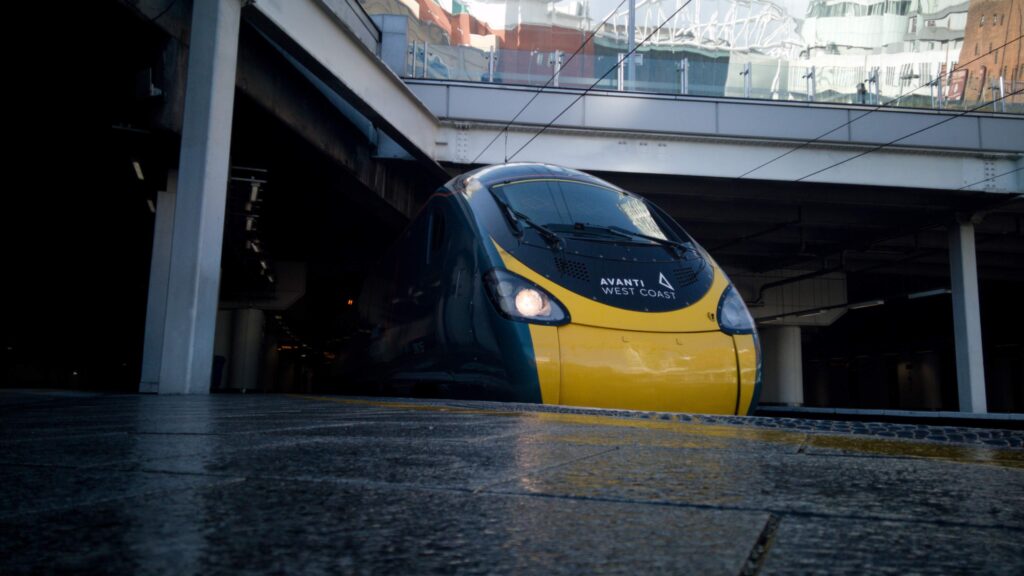This time last month, many conservatives were travelling to the annual party conferences, peddling the optimism of a lower league football fan; ‘this year could be different’. The journey itself could only be described as arduous, caused by rail worker strikes combined with the longstanding inadequacies of British infrastructure, causing many conservatives to take to social media, highlighting their complaints regarding the full day they had spent on transport.
The irony of this was not lost on journalists and the public alike, when, just four days later, Rishi Sunak announced in his headline speech, that the northern leg of HS2 from Birmingham to Manchester, the very journey so many had struggled with a mere 96 hours earlier, was to be cancelled. Immediate criticism from politicians, party members and the public were greeted with an alternative plan, to improve regional services across the midlands and the north, peddling the same old yarn about ‘levelling up’, and idea which continuously misreads the North-South divide as something merely economical, and the belief that Londonifying the north is all it will take to level out this issue.
This is of course, not the case, with the continued belief that the North-South divide in this country is purely economical still failing to solve any of the issues that people of the north actually want solved. Whilst this is a truly complex task, which cannot be solved through a single policy, the first step to truly breaking the regional divide of this country should be truly acknowledging the extensive nature of the North-South divide, ranging beyond economics to historical, political, cultural and linguistic differences, which have existed and developed since the Romans arrived on these shores neigh-on 2000 years ago. Perhaps the best description of these differences is found in the work of James Hawes ‘The Shortest History of England’, which give a chronological insight into how the North-South divide has shaped this country more than anything else. After reading this book, it astounds me that the divide is reduced to a mere trivial, economic matter that can be solved by adding an extra train between Crewe and Birmingham and a bus route from Hull to Bradford, when this cannot be anything further from the truth.
But how does this link to HS2? Whilst it is true that even a high-speed trainline is unlikely itself to present the answers to a continued crisis, particularly when the mainstream arguments regarding the topic fail to reach beyond: How much it costs and how fast the journey will be, the importance of the project should instead be viewed as an opportunity to unify the north and south through culture mixing, creating a homogenous country united by culture. Put simply, the metaphorical shrinking of the country achieved by HS2, will have the same effect on the UK as it has on the Earth, people become more connected, and culture becomes more homogenous, which is the only true way the deep-set historical divides between our home counties and northern powerhouse can be truly united.
Single policies will often not live up to the hype surrounding them, and HS2 on its own would still need to be supplemented with other projects in order to truly unleash the potential of the north, but that doesn’t mean its not important to try. The cancelling of HS2 represents a true lack of understanding of the 33 million residents of middle and northern England, which will forever be the biggest challenge to fixing the North-South divide, after all, in the words of Will McAvoy ‘The first step in solving any problem is recognizing there is one’.




